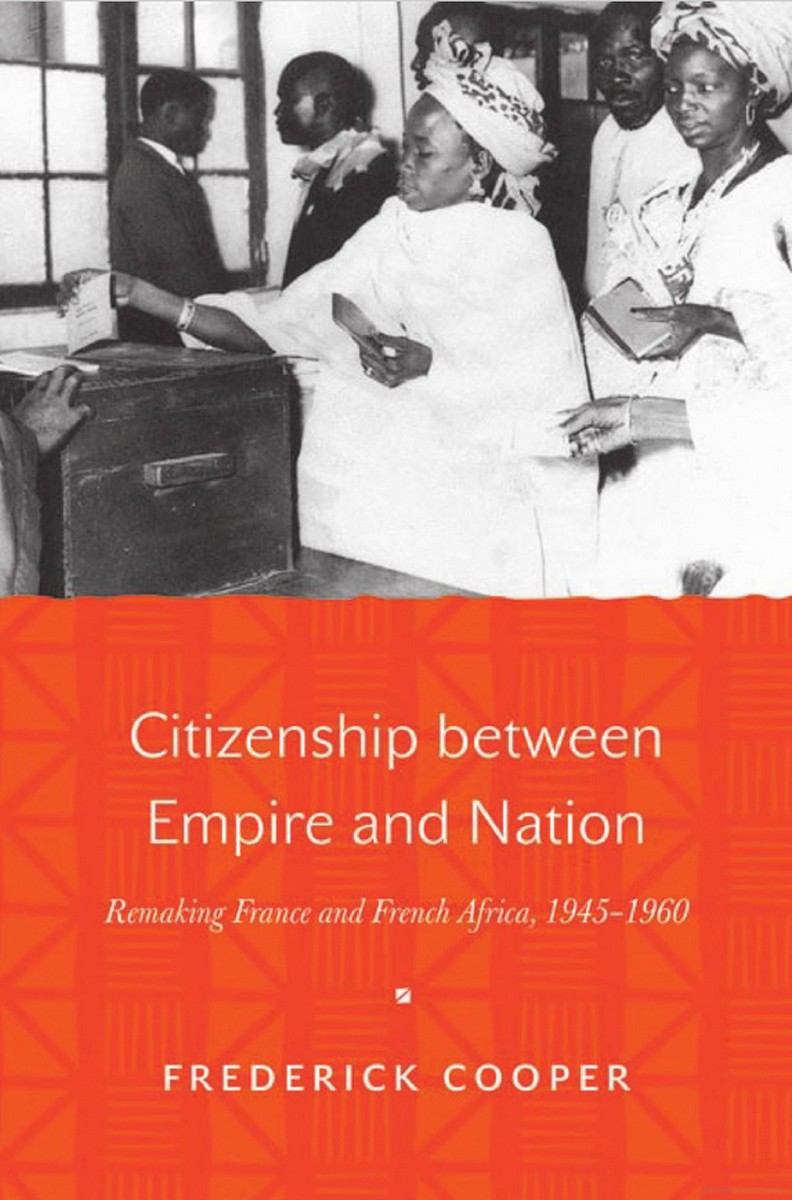Accueil > Actualités ultramarines > Vient de paraître Citizenship between Empire and Nation. Remaking France (...)
Vient de paraître Citizenship between Empire and Nation. Remaking France and French Africa, 1945–1960 de Frederick Cooper aux Princeton UP en poche (paperback)
Le 11 juin 2016 à 18h46
Vient de paraître Citizenship between Empire and Nation. Remaking France and French Africa, 1945–1960 de Frederick
Citizenship between Empire and Nation. Remaking France and French Africa, 1945–1960 a été traduit en français et a été publié chez Payot sous le titre Français et Africains ? Être citoyen au temps de la décolonisation.
"As the French public debates its present diversity and its colonial past, few remember that between 1946 and 1960 the inhabitants of French colonies possessed the rights of French citizens. Moreover, they did not have to conform to the French civil code that regulated marriage and inheritance. One could, in principle, be a citizen and different too. Citizenship between Empire and Nation examines momentous changes in notions of citizenship, sovereignty, nation, state, and empire in a time of acute uncertainty about the future of a world that had earlier been divided into colonial empires.
Frederick Cooper explains how African political leaders at the end of World War II strove to abolish the entrenched distinction between colonial "subject" and "citizen." They then used their new status to claim social, economic, and political equality with other French citizens, in the face of resistance from defenders of a colonial order. Africans balanced their quest for equality with a desire to express an African political personality. They hoped to combine a degree of autonomy with participation in a larger, Franco-African ensemble. French leaders, trying to hold on to a large French polity, debated how much autonomy and how much equality they could concede. Both sides looked to versions of federalism as alternatives to empire and the nation-state. The French government had to confront the high costs of an empire of citizens, while Africans could not agree with French leaders or among themselves on how to balance their contradictory imperatives. Cooper shows how both France and its former colonies backed into more "national" conceptions of the state than either had sought."
Frederick


